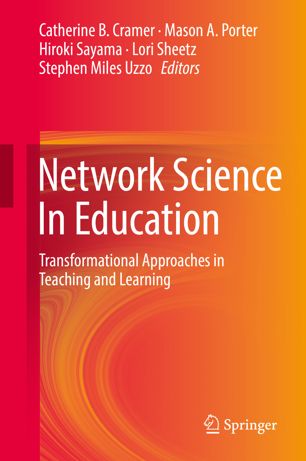

Most ebook files are in PDF format, so you can easily read them using various software such as Foxit Reader or directly on the Google Chrome browser.
Some ebook files are released by publishers in other formats such as .awz, .mobi, .epub, .fb2, etc. You may need to install specific software to read these formats on mobile/PC, such as Calibre.
Please read the tutorial at this link: https://ebookbell.com/faq
We offer FREE conversion to the popular formats you request; however, this may take some time. Therefore, right after payment, please email us, and we will try to provide the service as quickly as possible.
For some exceptional file formats or broken links (if any), please refrain from opening any disputes. Instead, email us first, and we will try to assist within a maximum of 6 hours.
EbookBell Team

4.0
76 reviewsAround the globe, there is an increasingly urgent need to provide opportunities for learners to embrace complexity; to develop the many skills and habits of mind that are relevant to today's complex and interconnected world; and to make learning more connected to our rapidly changing workplace and society. This presents an opportunity to (1) leverage new paradigms for understanding the structure and function of teaching and learning communities, and (2) to promote new approaches to developing methods, curricular materials, and resources. Network science - the study of connectivity - can play an important role in these activities, both as an important subject in teaching and learning and as a way to develop interconnected curricula.
Since 2010, an international community of network science researchers and educators has come together to raise the global level of network literacy by applying ideas from network science to teaching and learning. Network Science in Education - which refers to both this community and to its activities - has evolved in response to the escalating activity in the field of network science and the need for people to be able to access the field through education channels.Network Science In Education: Transformational Approaches in Teaching and Learning appeals to both instructors and professionals, while offering case studies from a wide variety of activities that have been developed around the globe: the creation of entirely new courses and degree programs; tools for K-20 learners, teachers, and the general public; and in-depth analysis of selected programs. As network-based pedagogy and the community of practice continues to grow, we hope that the book's readers will join this vibrant network education community to build on these nascent ideas and help deepen the understanding of networks for all learners.